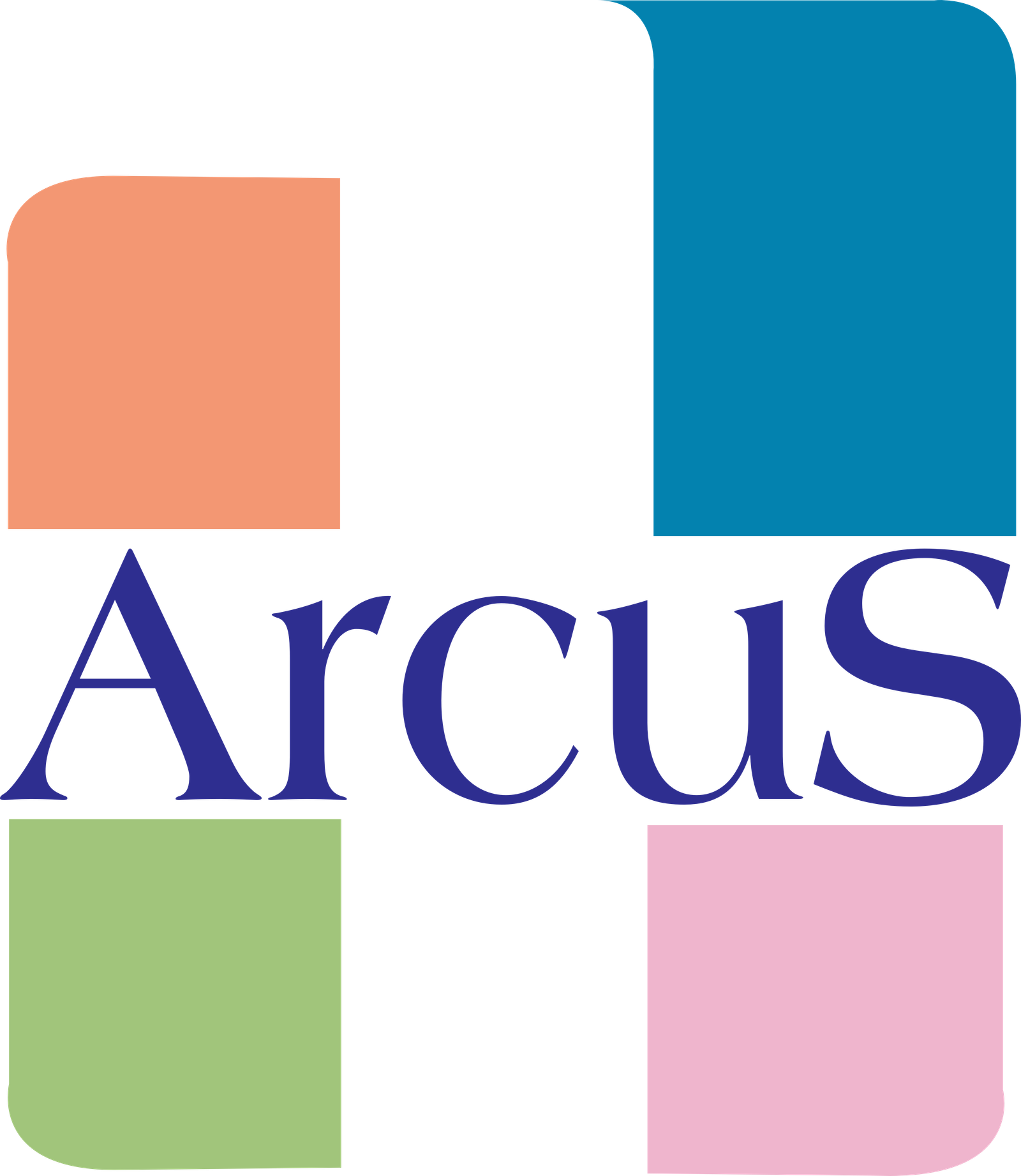Speech Therapy
Speech therapy is a specialized field aimed at assessing, diagnosing, and treating communication disorders. These disorders can encompass a wide range of challenges, including difficulties with speech sounds, language comprehension and expression, voice, fluency, and social communication. Speech therapists, also known as speech-language pathologists (SLPs), play a crucial role in helping individuals of all ages overcome these obstacles to communicate effectively.
One of the primary goals of speech therapy is to improve articulation and speech clarity. This involves helping individuals produce sounds correctly and develop proper oral motor skills. For example, someone with a lisp may work with a speech therapist to learn how to position their tongue and teeth to produce the /s/ and /z/ sounds accurately.

Language therapy focuses on enhancing a person’s ability to understand and use language. This may involve activities to improve vocabulary, sentence structure, grammar, and comprehension skills. For children with language delays, speech therapists often use play-based interventions to make learning fun and engaging.
Voice therapy addresses issues related to the quality, pitch, resonance, and volume of a person’s voice. Individuals with voice disorders, such as vocal nodules or vocal cord paralysis, may work with a speech therapist to develop strategies to improve vocal production and reduce strain on the vocal cords.
Fluency therapy is designed to help individuals who stutter or experience other fluency disorders. Speech therapists use techniques such as slow and prolonged speech, breathing exercises, and stuttering modification strategies to increase fluency and reduce stuttering frequency.
Social communication therapy focuses on improving pragmatic language skills, such as turn-taking, maintaining eye contact, understanding nonverbal cues, and initiating and maintaining conversations. This type of therapy is particularly beneficial for individuals with autism spectrum disorder (ASD) or social communication disorders.
Speech therapy is highly individualized, with treatment plans tailored to meet the unique needs and goals of each client. Sessions may be conducted one-on-one or in group settings, depending on the specific objectives and preferences of the individual receiving therapy.
